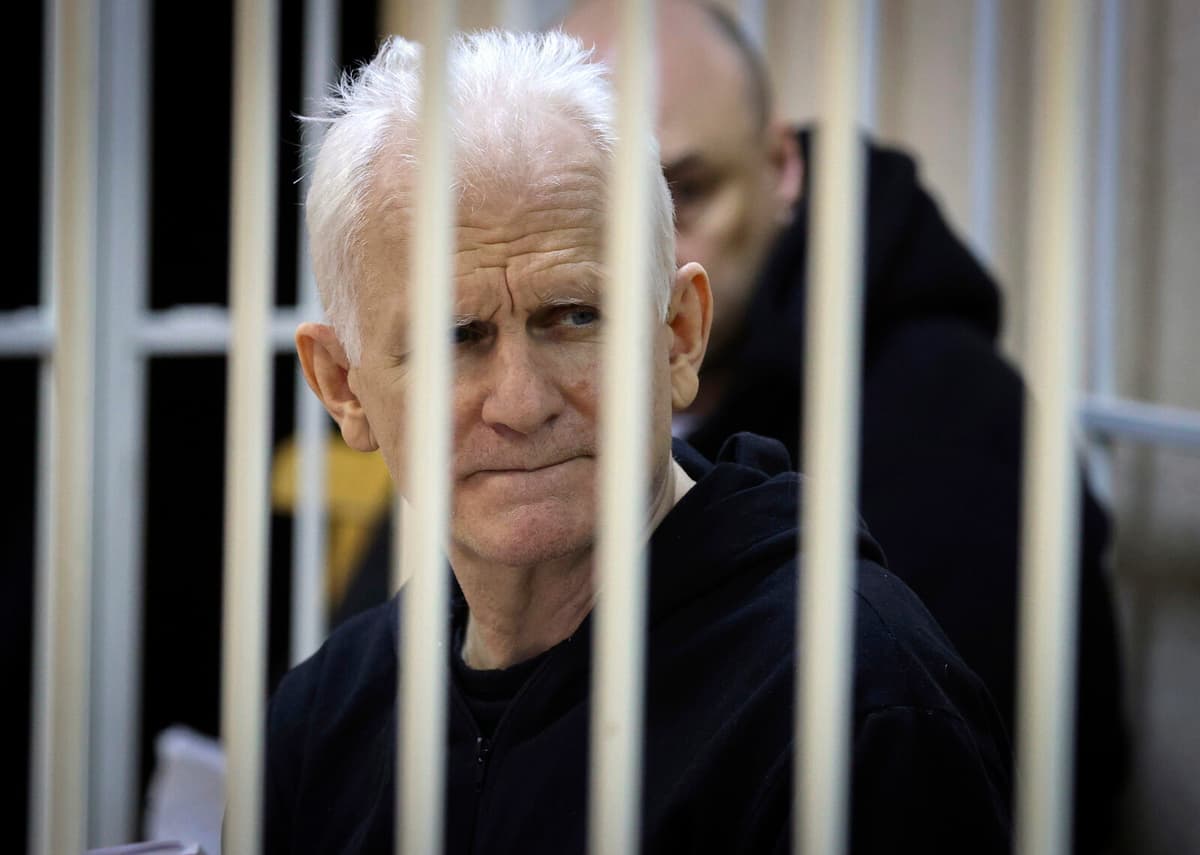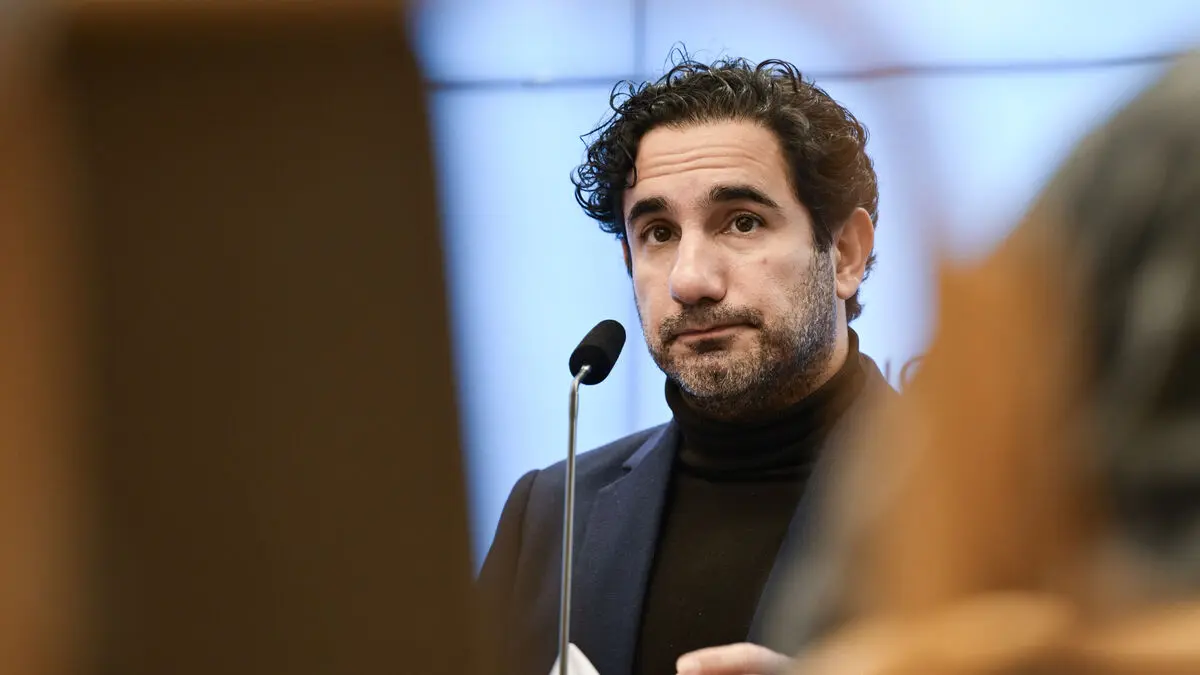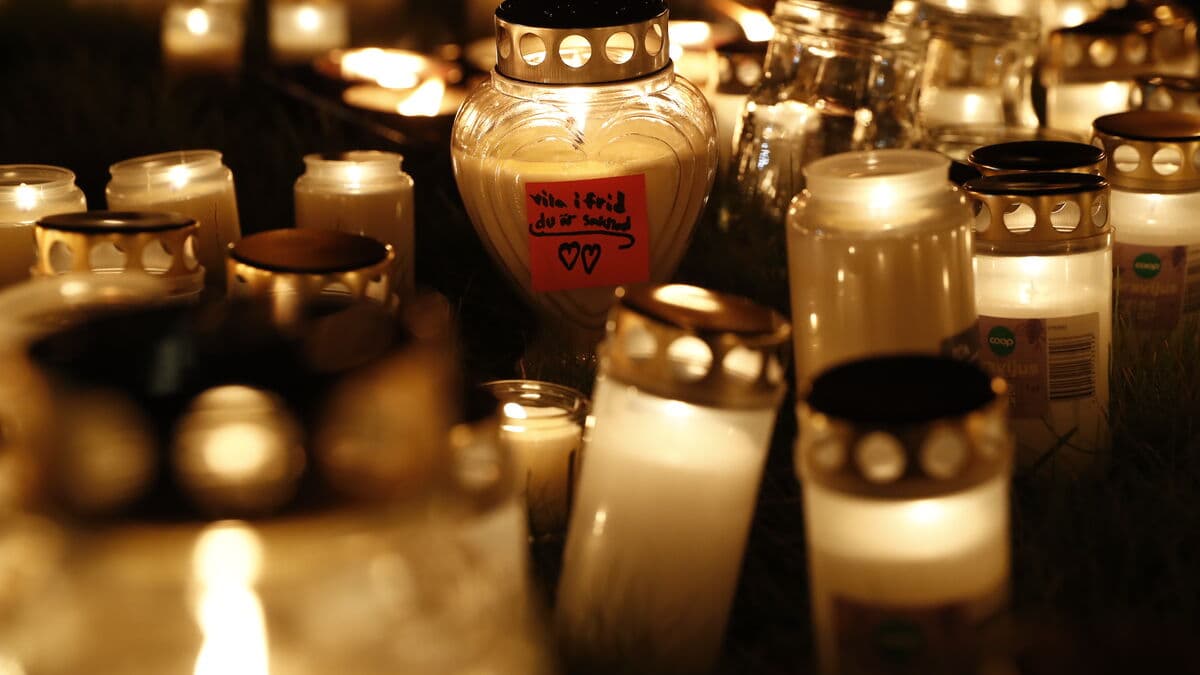Long-time human rights activist Bjaljatski is serving a ten-year prison sentence at a penal colony in northeastern Belarus. How he is doing right now is unclear – the last contact with him was in December.
However, among colleagues in exile, there is hope that US President Donald Trump can persuade the Belarusian dictator Aleksandr Lukasjenko to release him.
If Trump called Lukasjenko, Ales would be free with me in Lithuania the same day. For Lukasjenko respects Trump and sees him as someone with great power, says Leonid Sudalenko from Bjaljatski's human rights organization Vjasna in an interview with the news site EU Observer.
Will get a prize?
Sudalenko points out, not least, Trump's own hopes of being awarded in the same way as Bjaljatski was in 2022.
Trump hopes to win the Nobel Prize himself, so maybe this can be seen as a great gesture, says Sudalenko, who himself sat three years in a Belarusian prison until the summer of 2023.
Even Steve Rosenberg – a long-time and respected Moscow correspondent for the British public service giant BBC – is pointed out as an alternative to get help with Bjaljatski.
Question from BBC
When BBC previously asked publicly about other political prisoners in the country, it has led to relatives getting in touch.
Lukasjenko respects Rosenberg. When Lukasjenko and all other dictators gather in Moscow with (Russian President Vladimir) Putin on May 9 to celebrate the end of World War II, maybe Rosenberg can stand up and ask Lukasjenko directly in front of the TV cameras. Then maybe we'll hear about Ales' condition, says Leonid Sudalenko to EU Observer.
Alyaksandr "Ales" Bjaljatski (spelled Aleksandr Beljatskij with Russian transcription) was born in Värtsilä (Vjartsilja in Russian) in Russian Karelia in 1962.
He is an educated teacher and linguist and engaged in human rights work in Soviet Belarus as early as the 1980s.
In 1996, he founded the human rights organization Vjasna (The Spring) which was banned in 2003, but has continued to operate.
In November 2011, Bjaljatski was sentenced to 4.5 years in prison for "large-scale tax evasion". He was released early in 2014, but was arrested again in 2021 and sentenced to 7 years in prison for tax evasion and then to 10 years in prison for smuggling and financing political protests.
Bjaljatski has received a number of international awards for his work: the Council of Europe's Vaclav Havel Prize in 2012, the European Parliament's Sakharov Prize, and the Swedish Right Livelihood Award in 2020, as well as the Nobel Peace Prize in 2022 (shared with the Russian organization Memorial and the Ukrainian CCL).






